Tag: Mayoral elections
-
What to know about the Democratic primaries for New York City Council
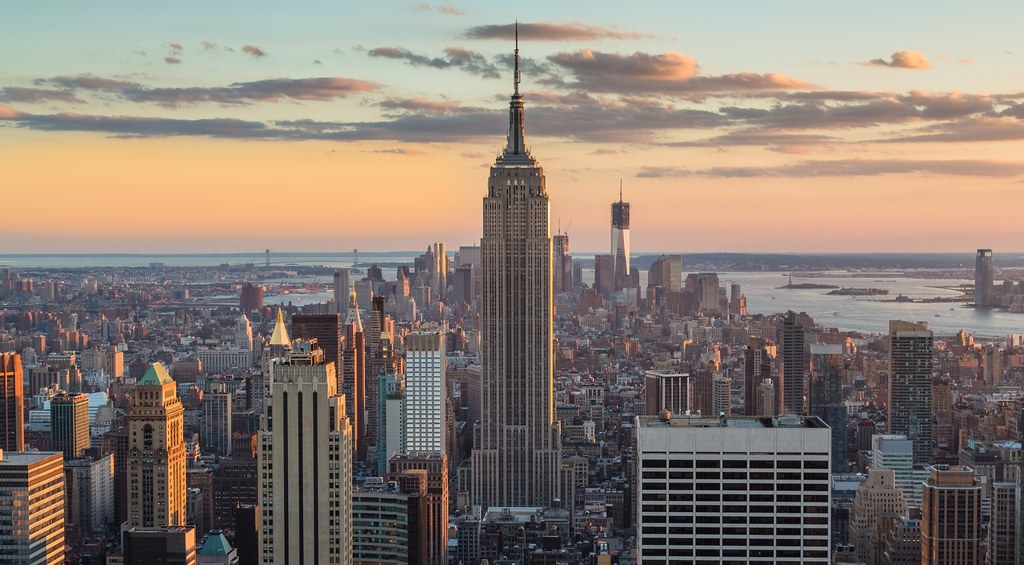
One hundred candidates ran in 28 Democratic primaries for New York City Council on June 24, 2025, including 13 that Ballotpedia identified as battlegrounds. All 51 council seats are up for election this year. The Council is the city’s primary legislative body. It is responsible for adopting the city budget, passing legislation, monitoring city agencies,…
-
Ortiz Jones defeats Pablos in San Antonio mayoral runoff election
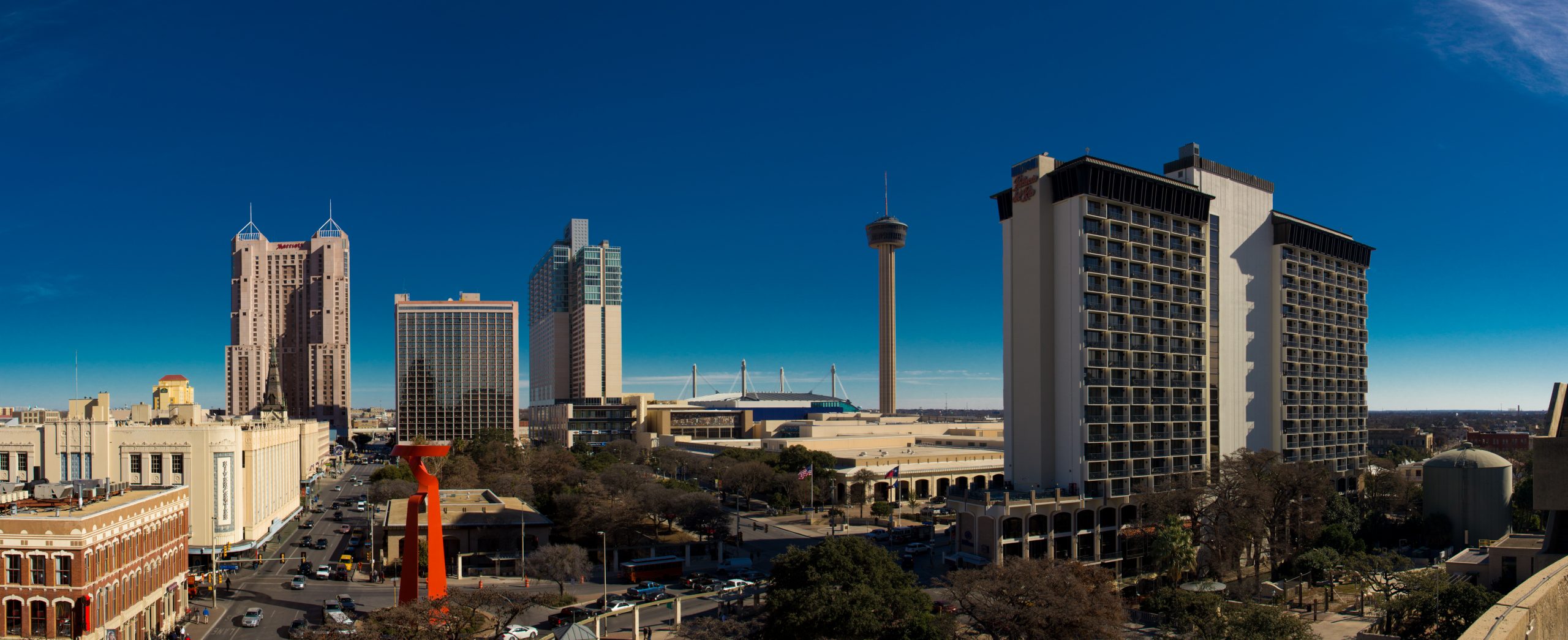
Gina Ortiz Jones defeated Rolando Pablos 54.3% to 45.7% in the June 7, runoff election for mayor of San Antonio, Texas. Ortiz Jones and Pablos advanced to the runoff from the nonpartisan general election on May 3. Ortiz Jones received 27.2% of the vote and Pablos received 16.6%. The two advanced to a runoff because…
-
Five candidates are running in the Democratic primary for mayor of Buffalo on June 24, 2025
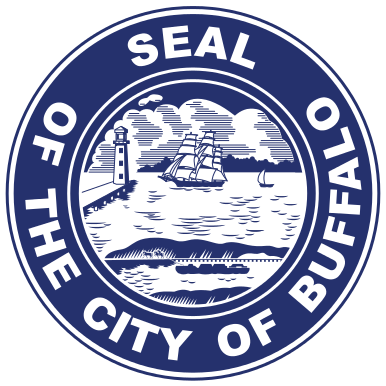
Five candidates are running for the Democratic nomination for mayor of Buffalo on June 24, 2025. Acting Mayor Christopher P. Scanlon (D) and Sean Ryan (D) lead in fundraising and media attention. City & State’s Austin C. Jefferson wrote, “Whoever wins the race and the following general election will be on the front lines of…
-
Incumbent Edward Gainey (D) and Corey O’Connor (D) are running in the Democratic primary for mayor of Pittsburgh, Pennsylvania, on May 20, 2025

Incumbent Edward Gainey (D) and Corey O’Connor (D) are running in the Democratic primary for mayor of Pittsburgh, Pennsylvania, on May 20, 2025. A Democrat has held the mayor’s office since 1934. PennLive‘s J.D. Prose wrote, “With Pittsburgh remaining a solidly blue enclave in purple Allegheny County, the party’s primary race winner will be considered…
-
San Antonio’s mayoral election first in 16 years without an incumbent
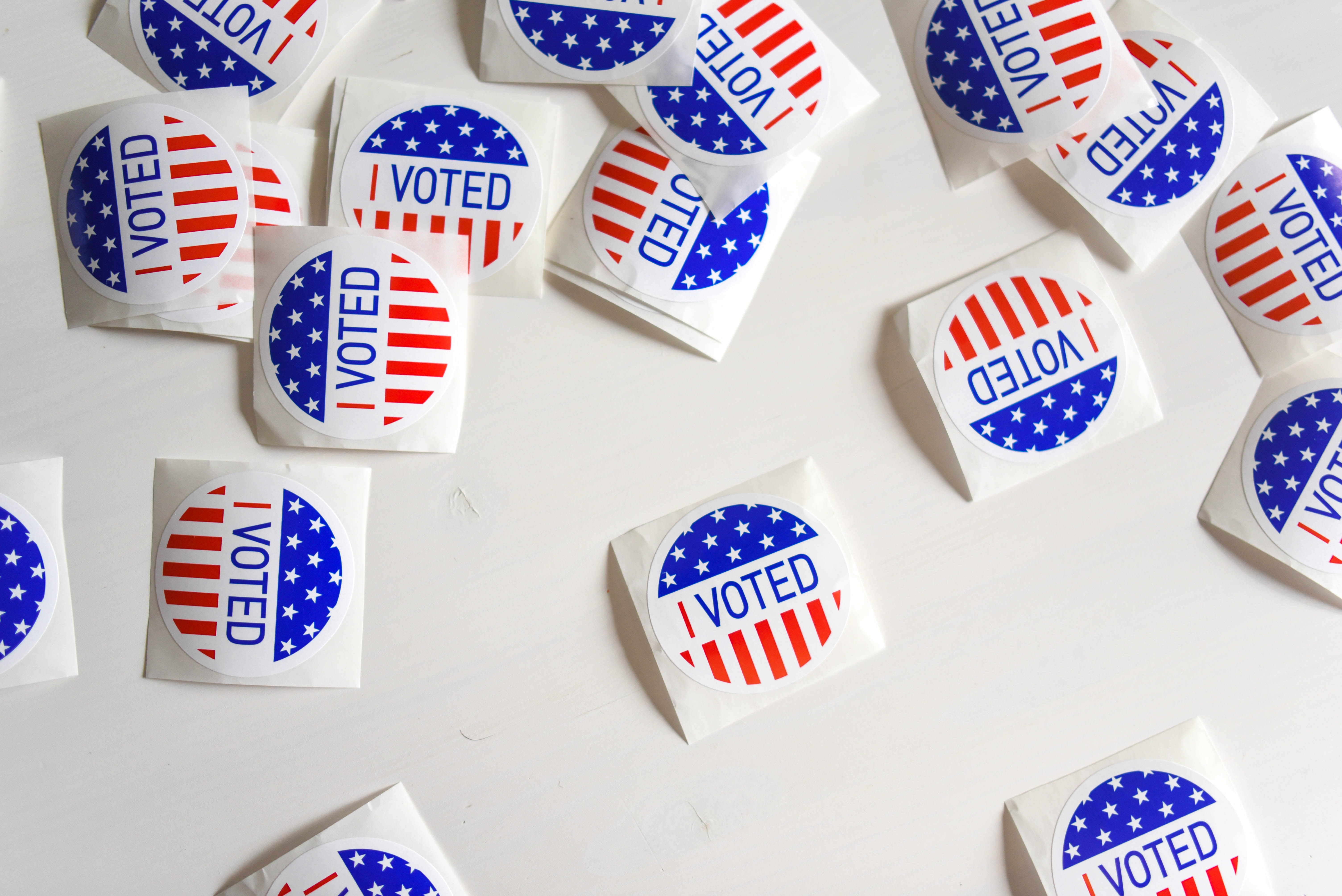
Twenty-seven candidates are running in the nonpartisan general election for mayor of San Antonio, Texas, on May 3, 2025. Beto Altamirano, John Courage, Adriana Garcia, Melissa Cabello Havrda, Gina Ortiz Jones, Rolando Pablos, Manny Pelaez, and Clayton Perry are notable candidates based on media attention, polling, and endorsements. Incumbent Ron Nirenberg, elected in June 2017, is term-limited. Though the office is nonpartisan, Nirenberg is a Democrat. He…
-
Two candidates are running in the general election for mayor of St. Louis on April 8, 2025
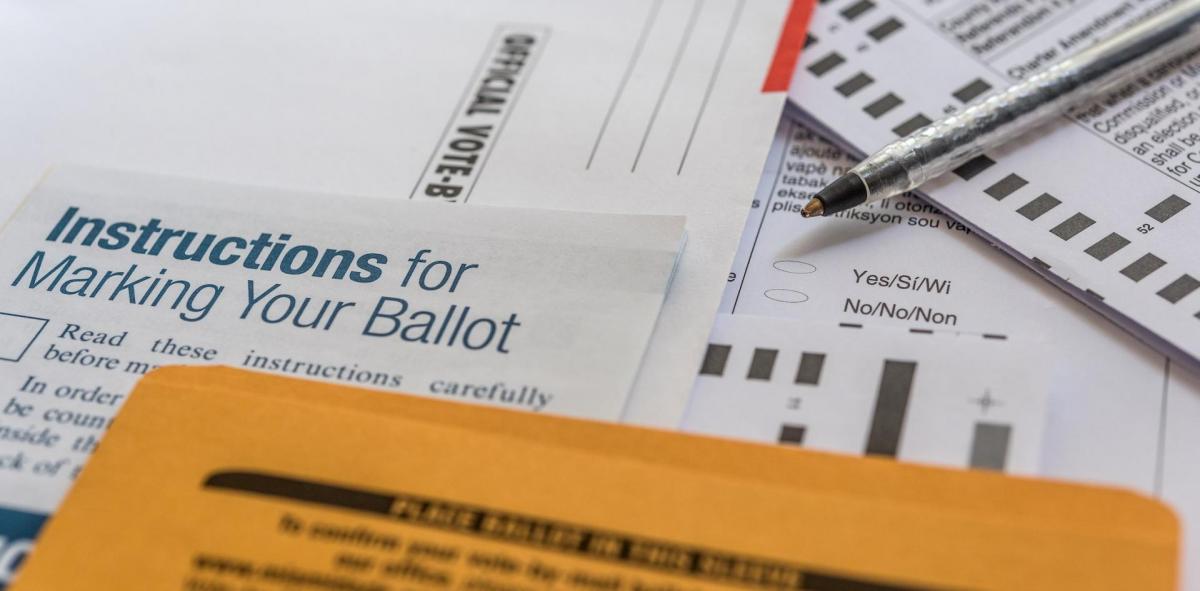
Incumbent Tishaura Jones and Cara Spencer are running in the general election for mayor of St. Louis on April 8, 2025. This contest is a rematch of the 2021 election, in which Jones defeated Spencer 52% to 48%. Both candidates are affiliated with the Democratic Party. In the four-person primary, Spencer received 49% of the…
-
Five candidates are running in the primary for mayor of Omaha, Nebraska
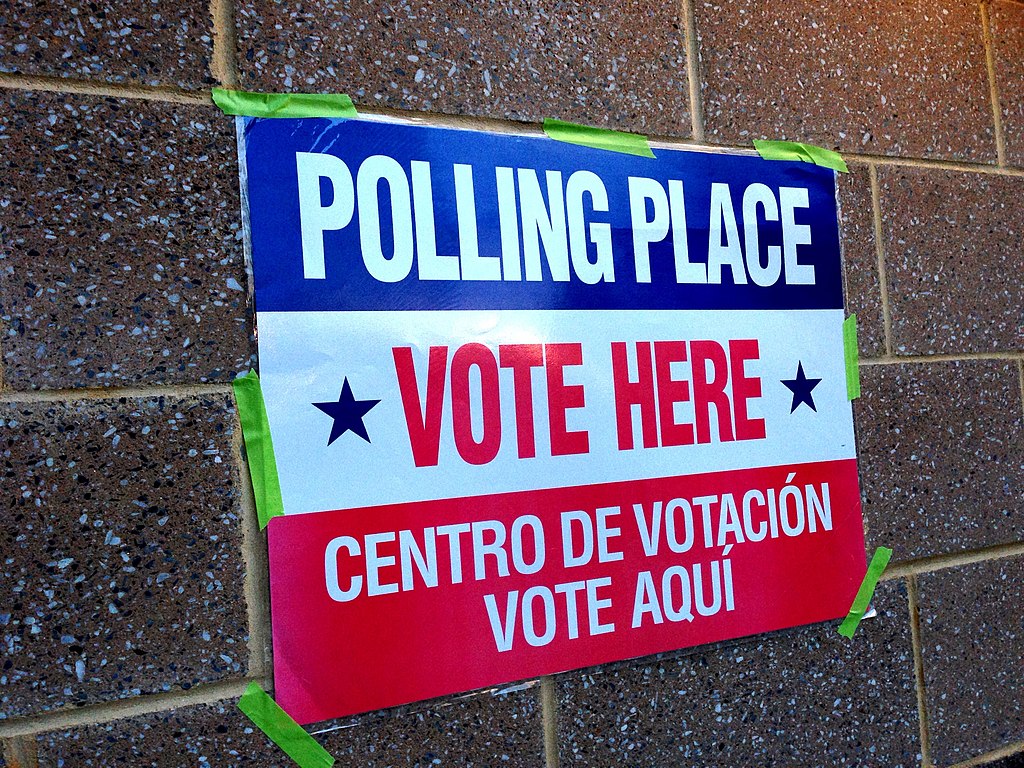
Five candidates are running in the nonpartisan primary for mayor of Omaha, Nebraska, on April 1, 2025. Three lead in polling and fundraising: Mayor Jean Stothert, John Ewing Jr., and Mike McDonnell. The filing deadline for this election was Feb. 28, 2025. Stothert was first elected in 2013. She is campaigning on her record: “My vision for the future is obviously to make sure that…
-
Ten candidates are running for mayor of Oakland on April 15
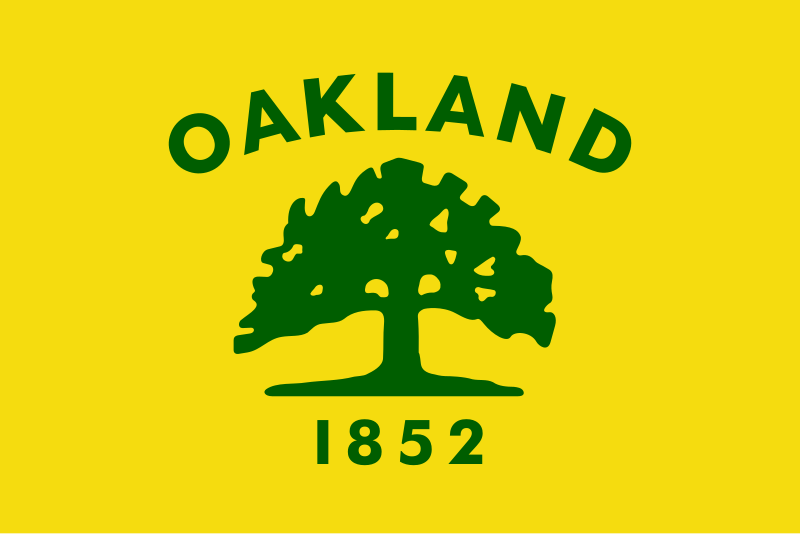
Ten candidates are running in the April 15 nonpartisan, special general election for mayor of Oakland. Incumbent Kevin Jenkins is not running. The Oakland City Council selected Jenkins to serve as interim mayor after voters recalled former mayor Sheng Thao 60.6%-39.4% on Nov. 5, 2024. Click here to learn more about the recall. This was…
-
Four candidates are running in the nonpartisan primary for Mayor of St. Louis, Missouri on March 4
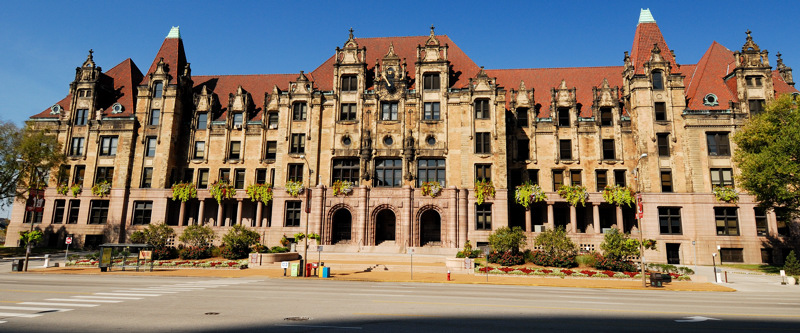
Incumbent Tishaura Jones, Michael Butler, Andrew Jones Jr., and Cara Spencer are running in the nonpartisan primary for Mayor of St. Louis on March 4, 2025. St. Louis Public Radio’s Lara Hamdan and Rachel Lippmann wrote, “The next mayor of St. Louis will come into office with crime numbers mirroring the national downward trend…But he…
-
Sheng Thao first mayor in Oakland’s history to be recalled

Oakland, California, voters recalled Mayor Sheng Thao by a margin of 61.5%-38.5% on Nov. 5. The office is nonpartisan, but Thao is affiliated with the Democratic Party. This is the first time in the city’s history that voters recalled a mayor. Official results will be certified on Dec. 5, at which time Thao must vacate…

